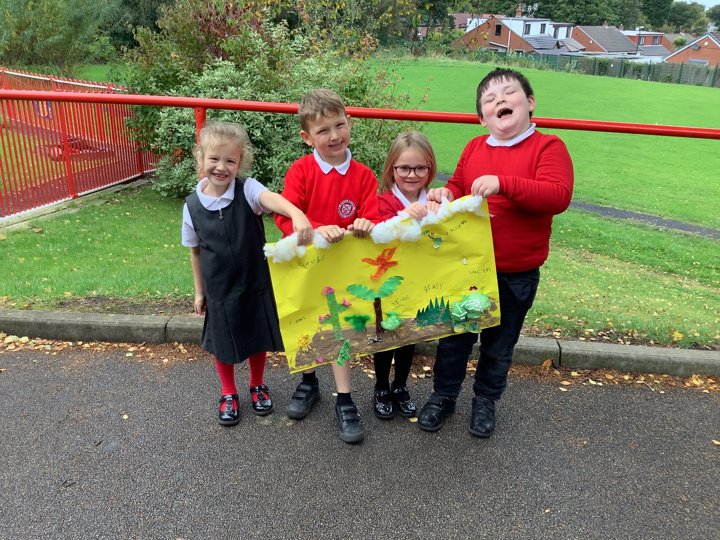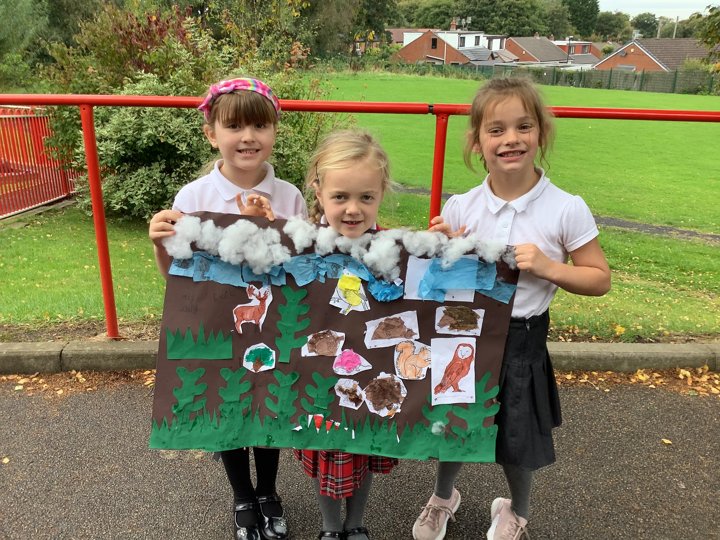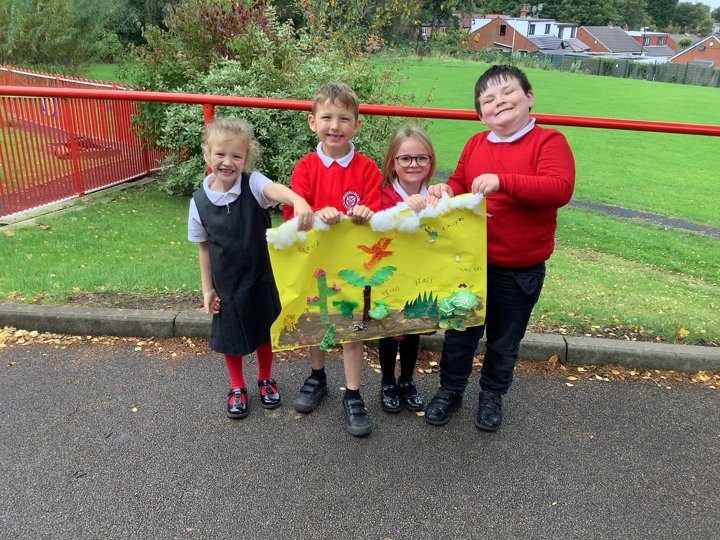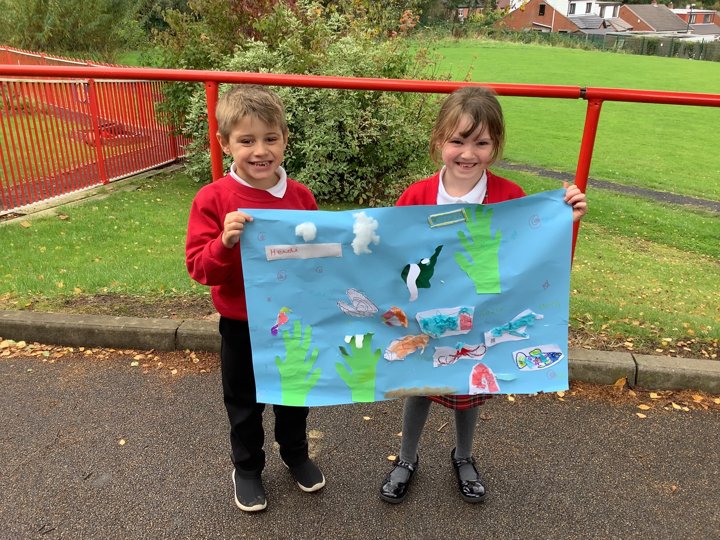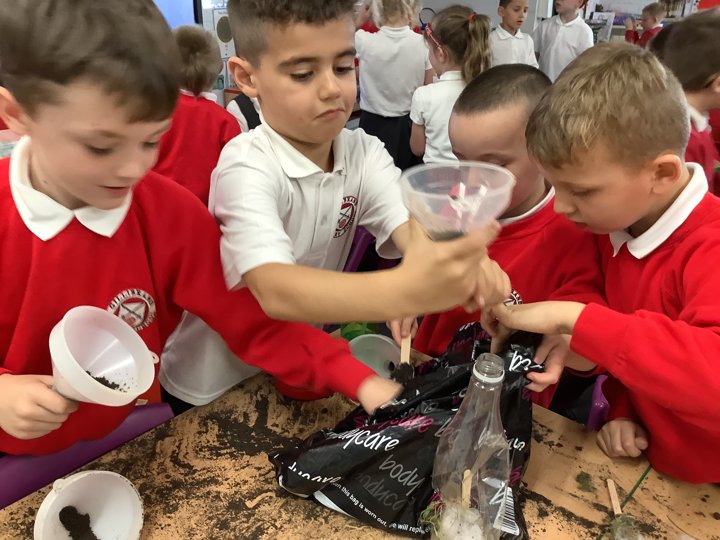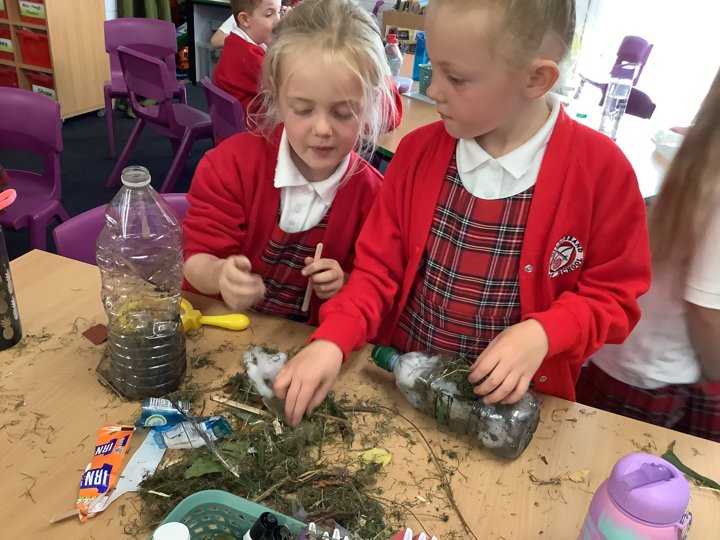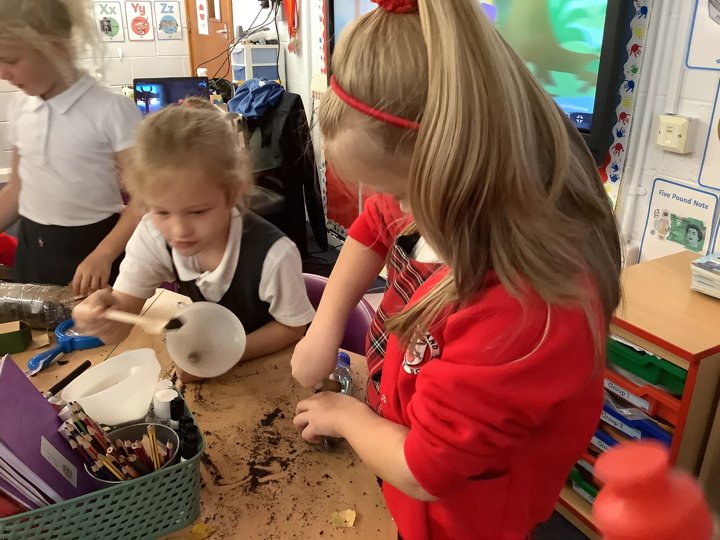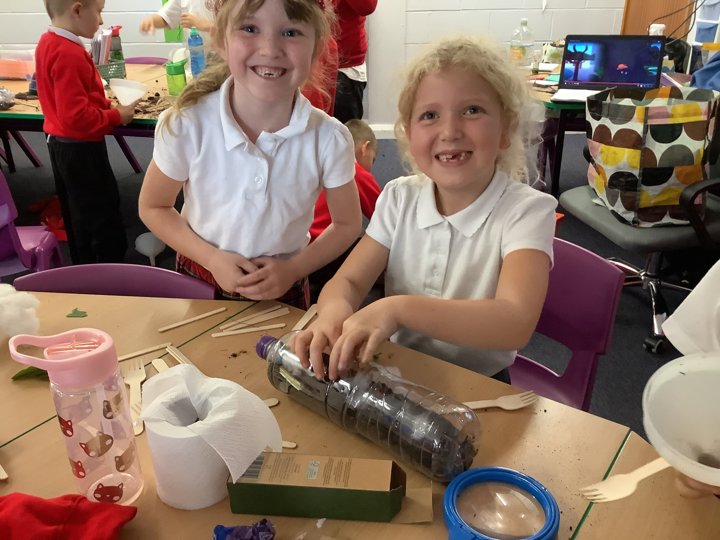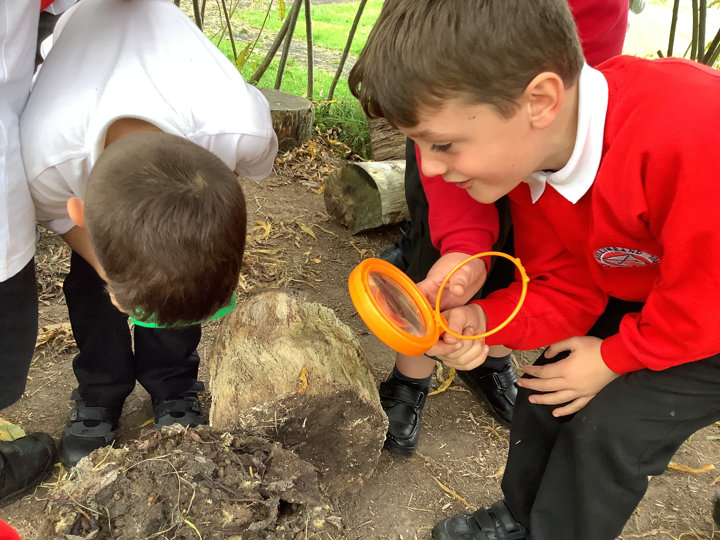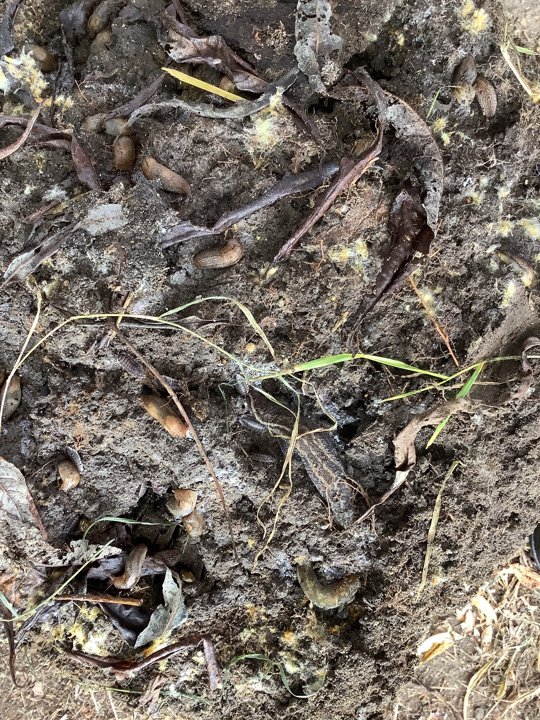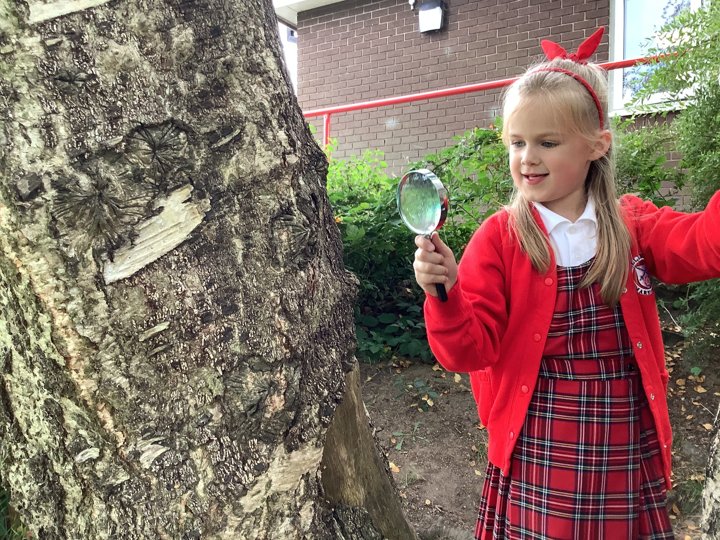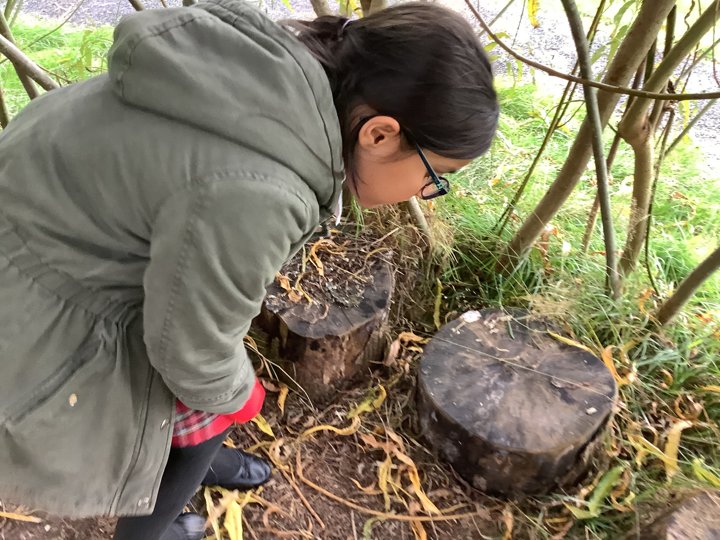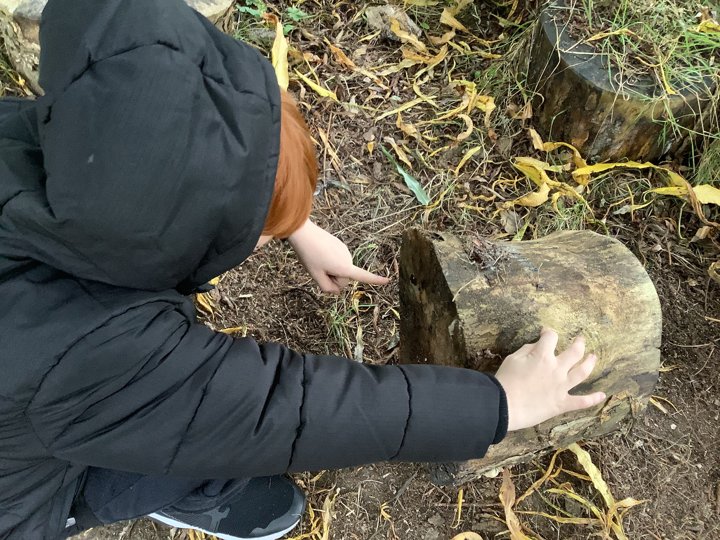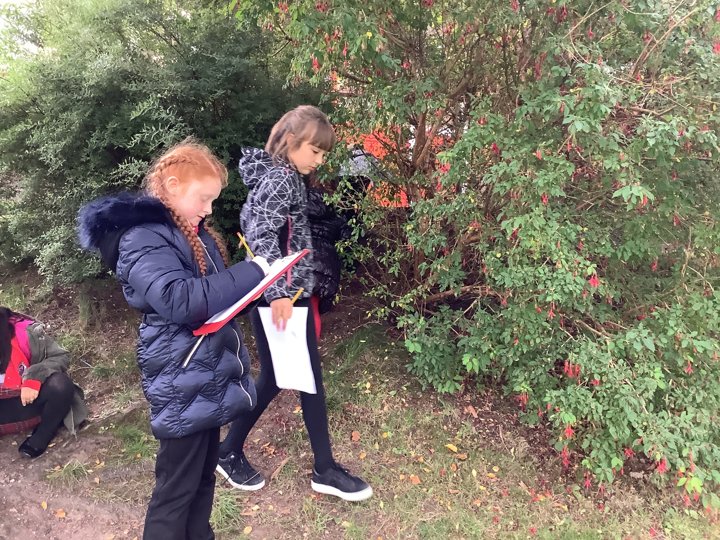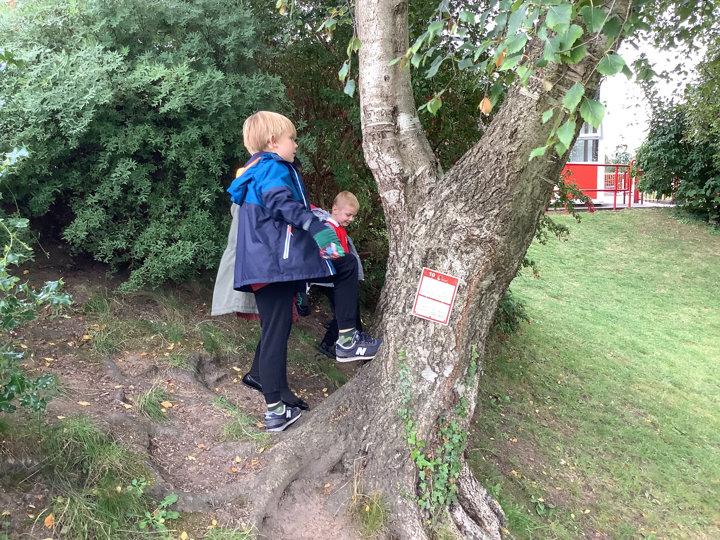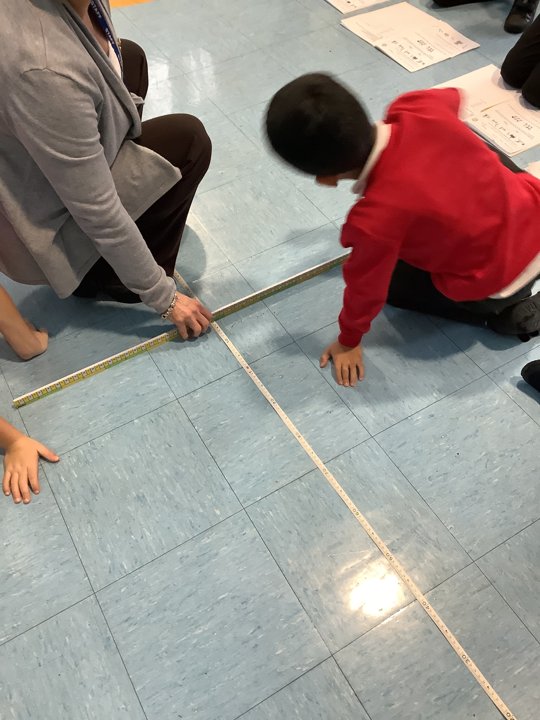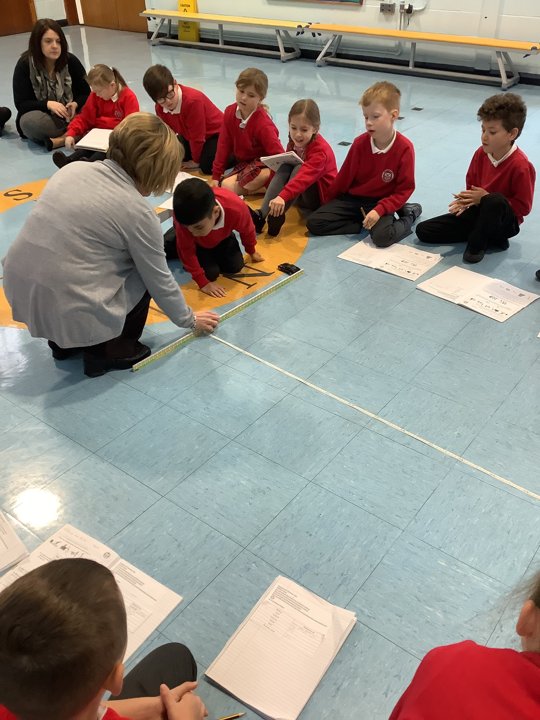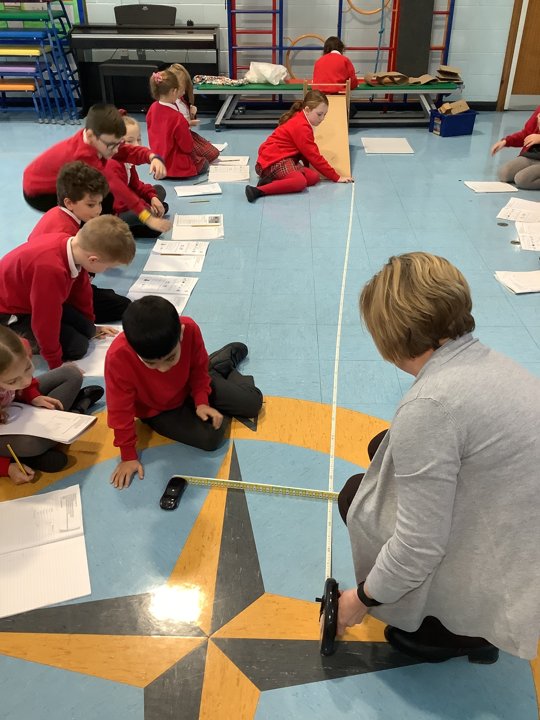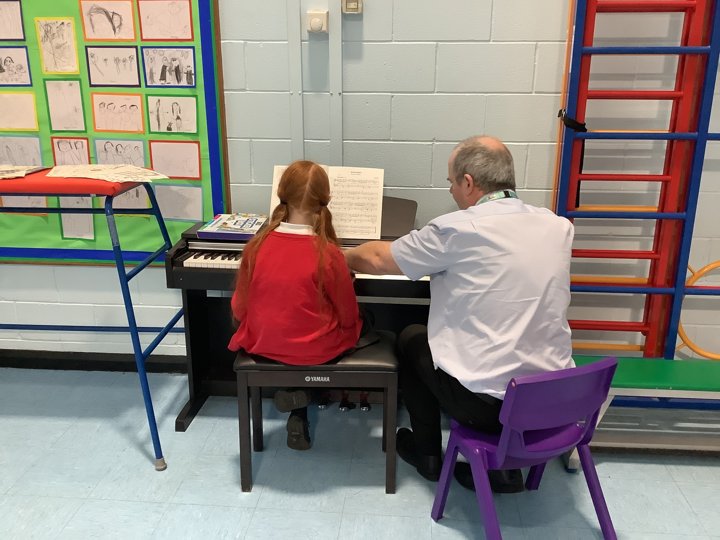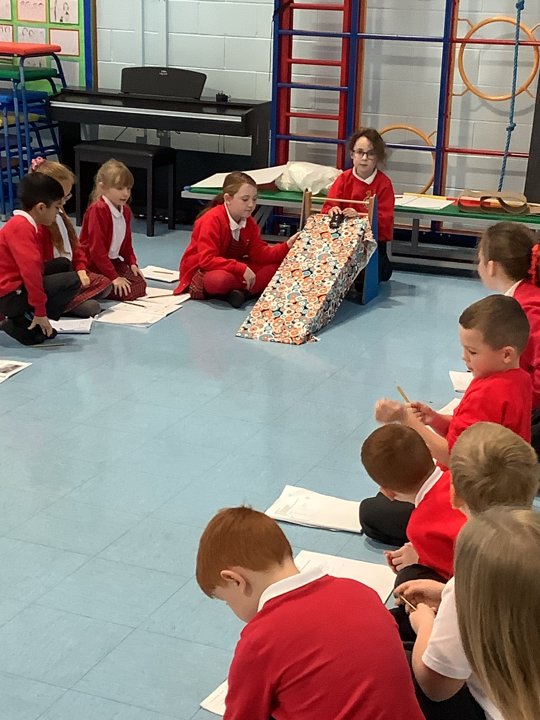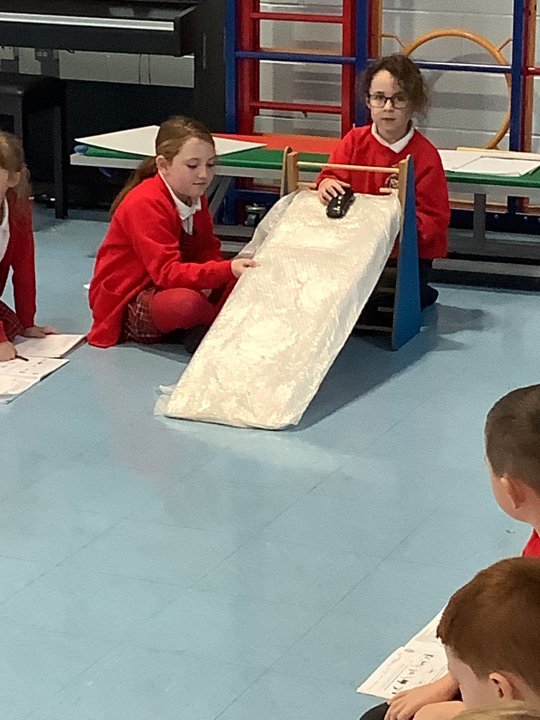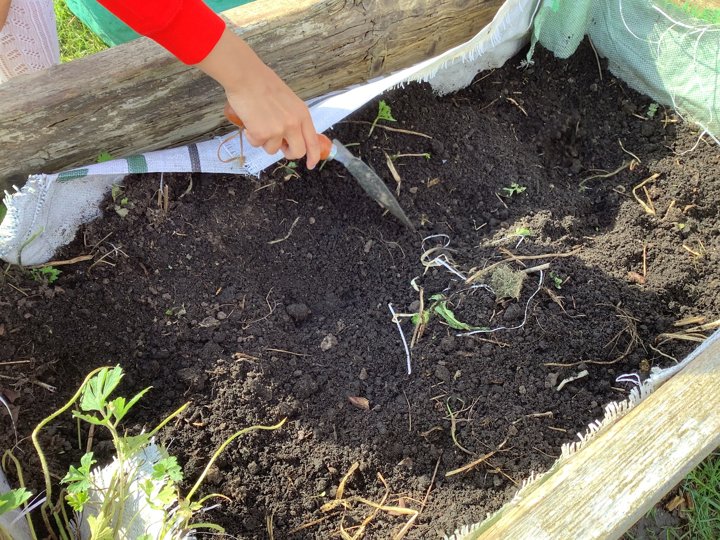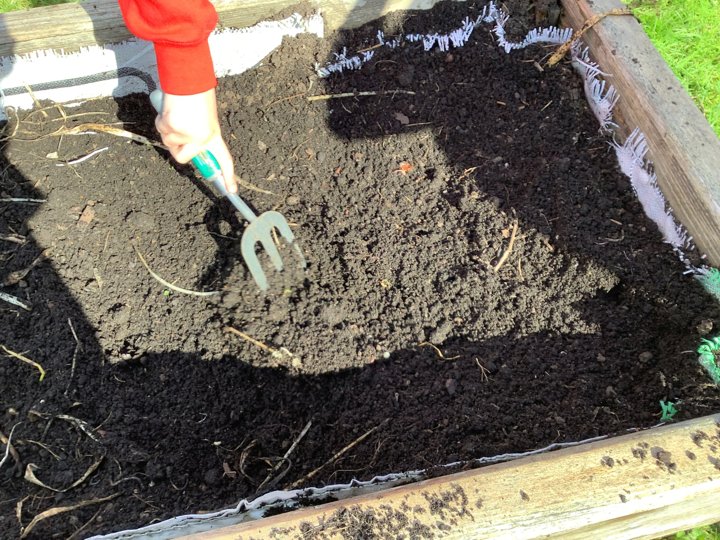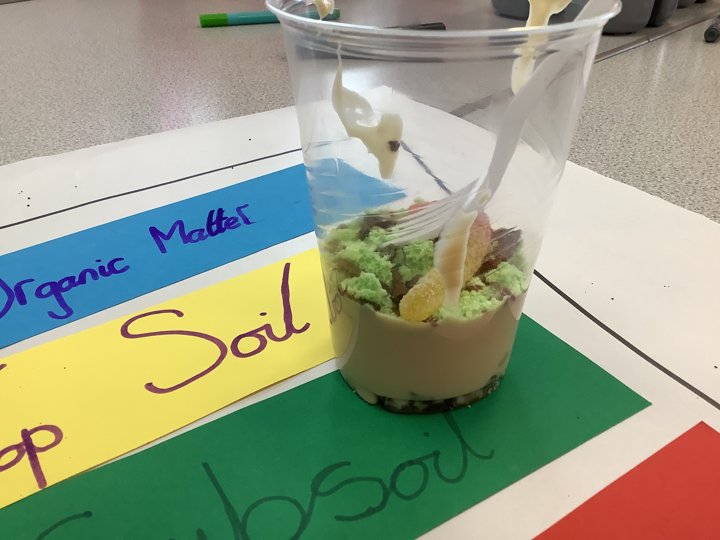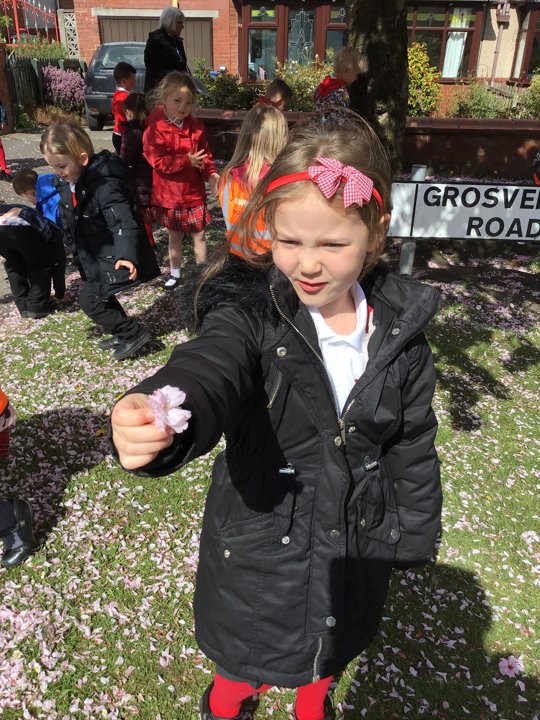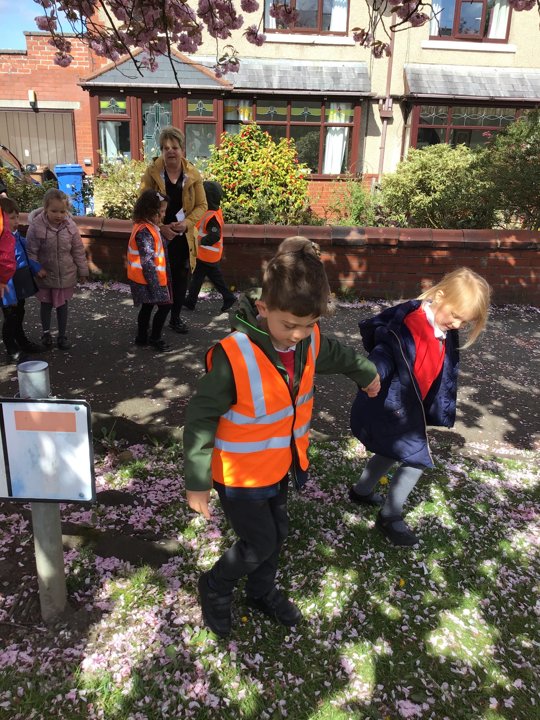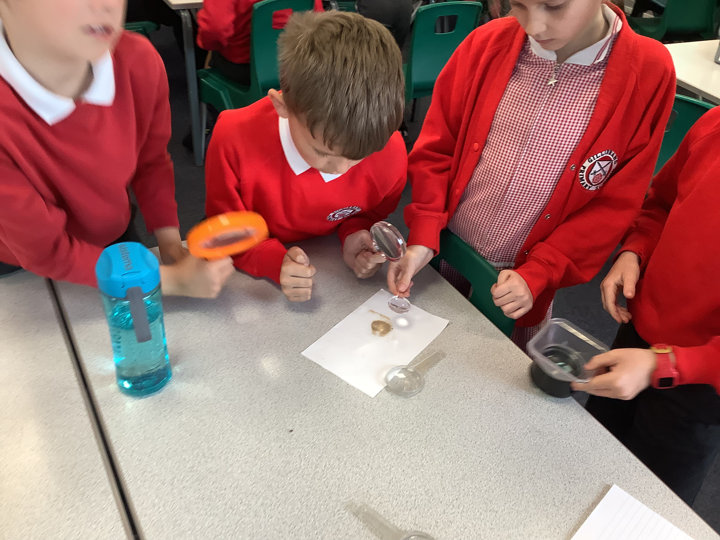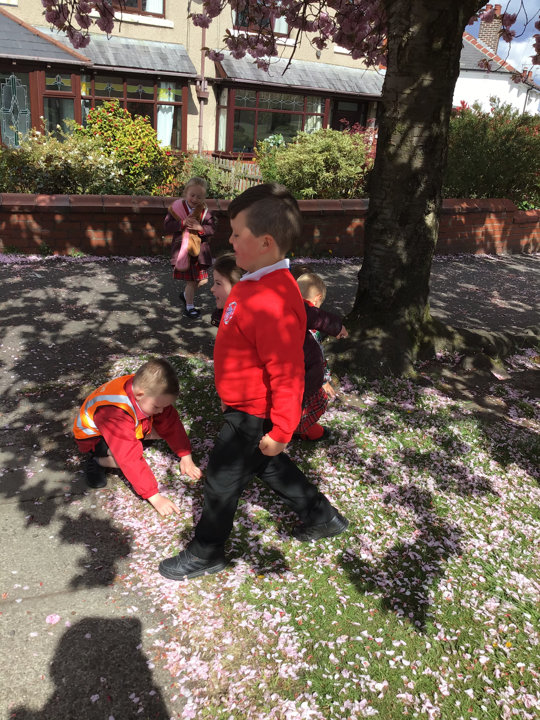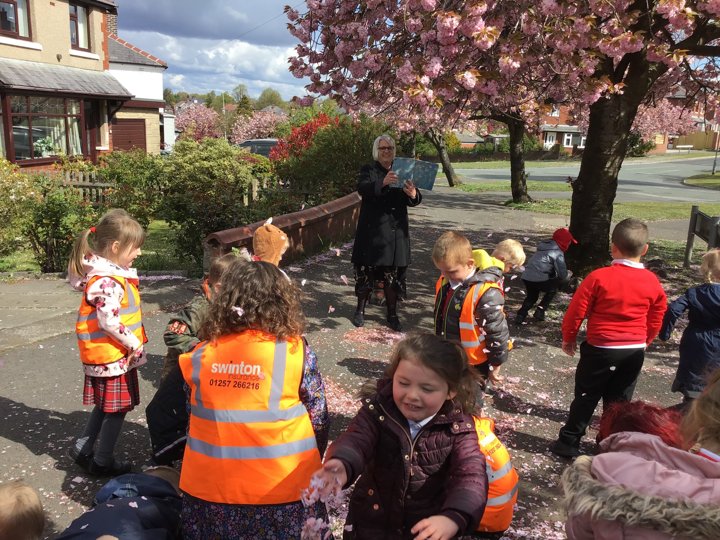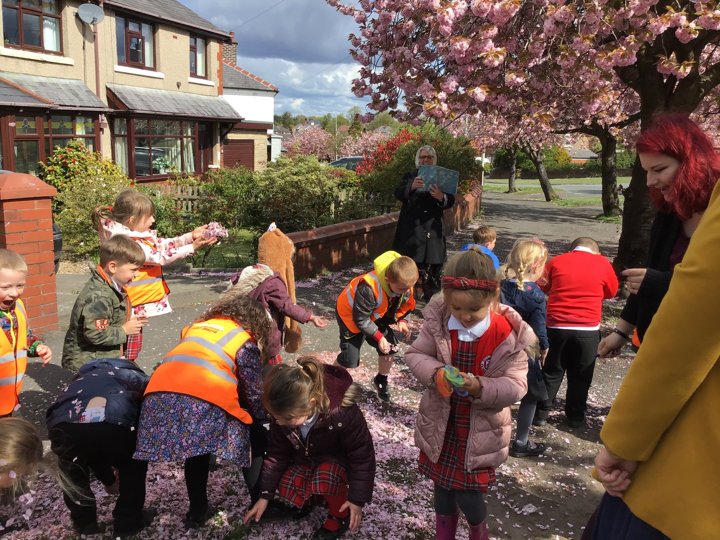Science
Intent
At Gillibrand we aim to develop a fun, practical and engaging high-quality science curriculum that inspires the next generation to succeed and excel in science. We do this through fully adhering to the aims of the national curriculum and fostering a healthy curiosity and interest in the different aspects of science. At the heart of our science curriculum is scientific investigation. Wherever possible we intend to deliver lessons where children learn through varied investigations, leading to them being equipped for life to ask and answer scientific questions about the world around them. We believe science encompasses the acquisition of knowledge and breeds a positive attitude to learning, teaching perseverance, and empowering our children to be confident scientists. Throughout the curriculum, the children will acquire and develop the key knowledge that has been identified within each topic and across each year group, as well as the application of scientific skills. We ensure that Working Scientifically skills are built-on and developed throughout children’s time at the school so that they can apply their knowledge of science when using equipment, conducting experiments and investigation, communicating opinions and explaining concepts confidently, being assured in using scientific terminology and, most importantly, to continue to ask questions and be curious about their findings.
Implementation
The learning of key scientific knowledge is an integral part of our science lessons. Science displays are used to provide useful and powerful vocabulary and share knowledge learnt within each unit. The progression of skills for working scientifically are developed through the year groups and scientific enquiry skills are of key importance within lessons. At Gillibrand, teachers create a positive attitude to science learning within their classrooms and reinforce an expectation that all children are capable of achieving high standards in science.
Our whole school approach to the teaching and learning of science involves the following;
- Science is taught in planned topic blocks by the class teacher. Planning and teaching ensures that all children, of all abilities, are tailored for in each lesson.
- Where possible we teach science across the curriculum to embed learning and prompt children to identify links across all subjects.
- We plan for problem solving and real-life opportunities that enable children to find out for themselves. Children are encouraged to ask their own questions and be given opportunities to use their scientific skills and research to discover the answers.
- Planning involves teachers creating practical, engaging lessons with opportunities for precise questioning in class to test knowledge and skills and assess children regularly to identify those children with gaps in learning.
- Our curriculum is progressive. We build upon the learning and skill development of the previous years, which is assessed through our ‘pre-learning assessments’ where teachers can identify misconceptions that need addressing.
- Working Scientifically skills are embedded into lessons to ensure these skills are being developed throughout the children’s school career, and new vocabulary and challenging concepts are introduced through Quality First Teaching.
- Teachers demonstrate how to use scientific equipment, and the various Working Scientifically skills in order to embed scientific understanding. Teachers find opportunities to develop children’s understanding of their surroundings by accessing outdoor learning both in the community and the school grounds, and bespoke workshops with experts.
- We also take inspiration from scientific ‘greats’ giving our pupils the opportunity to learn about scientific discoveries from the past and inspire out pupils they can achieve incredible things in life.
Impact
The successful approach to the teaching of science at Gillibrand results in a fun, engaging, high quality science education, that ensures progress, retention of knowledge and provides children with the foundations for understanding the world that they can take with them once they complete their primary education. We provide memorable experiences that encourage children to be curious thinkers and intelligent questioners. Children take pride in their science work and are able to discuss their learning confidently.
